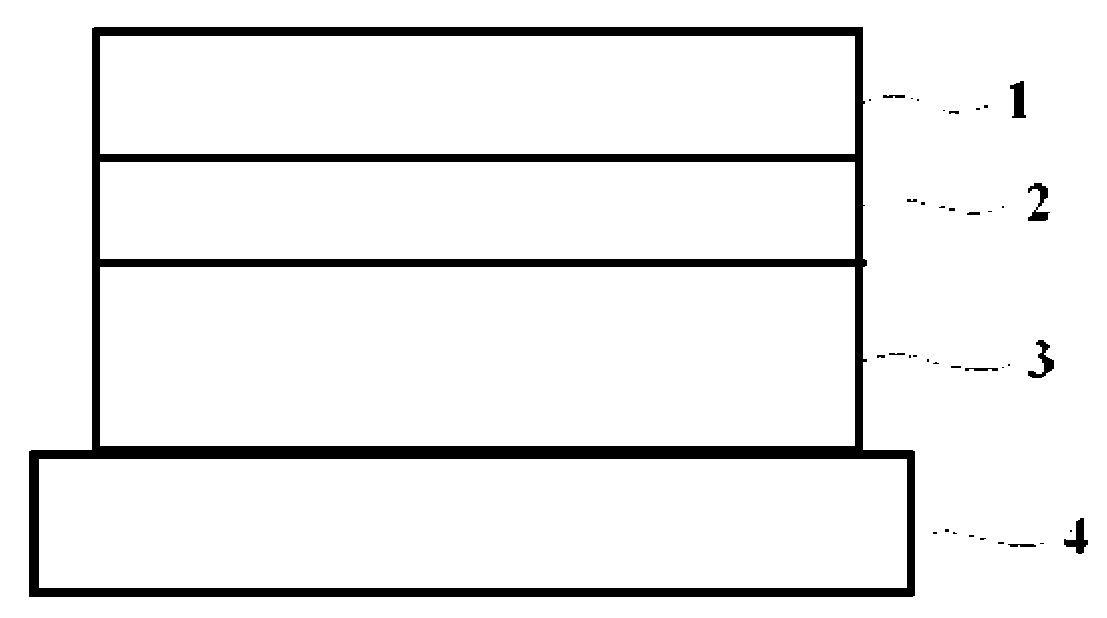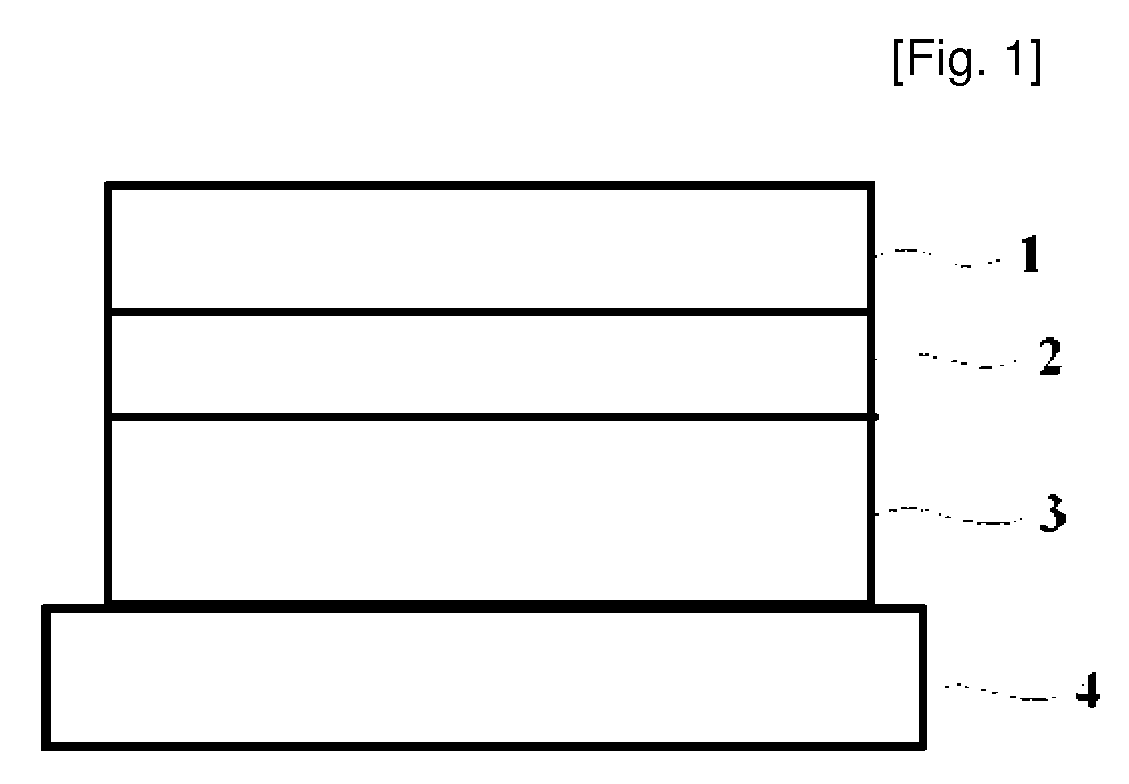Transdermal Preparations Containing Hydrophoic Non-Steroidal Anti-Inflammatory Drugs
a technology of non-steroidal anti-inflammatory drugs and transdermal preparations, which is applied in the field of transdermal preparations, can solve the problems of slow drug permeation, limited effect, and difficulty in producing such patches, and achieve the effect of improving adhesion and minimizing skin side effects
- Summary
- Abstract
- Description
- Claims
- Application Information
AI Technical Summary
Benefits of technology
Problems solved by technology
Method used
Image
Examples
embodiments
Comparative Example 1
[0050]DuroTak 87-2074 8.0 g (National Starch & Chemicals), which is acrylic adhesive, (the used acrylic adhesives is a solution phase in which 30˜40% solids are dissolved in a solvent such as ethylacetate, a weight of the adhesives was based on the solids, which will be omitted hereinafter), ketoprofen 1.5 g, and propyleneglycol monolaurate 0.5 g were put in a beaker and stirred for one hour to prepare a solution containing a drug having a uniform phase and then air bubbles were removed from the solution. The solution was coated on a silicon-treated polyester film 4 so as to have a thickness of 50 μm after drying and then dried at 80° C. for 20 minutes. After the drying, the drug adhesive layer 3 coated on the film 4 was covered with the backing 1 (flexible polyester woven fabric), which was then pressed with a roller, thereby producing a patch (20×40 cm2).
embodiment 1
[0056]With respect to the hydrophobic adhesive layer 2, Oppanol B12SNF 5 g (Mv 55,000), which was polyisobutylene of a low-molecular weight, Vistanex MML100 2 g, which was polyisobutylene of a high-molecular weight, Regalite R 1100 3 g (Eastman company), which was hydrogenated petroleum resin, and hexane 30 Ml were put in a beaker and stirred to prepare a uniform solution. The solution was coated on a silicone-treated polyester film so as to have a thickness of 50 μm after drying and then dried at 60° C. for 10 minutes. After that, the prepared hydrophobic adhesive layer 2 was covered with the flexible backing 1, which was then pressed with a roller. With respect to the drug adhesive layer 3 containing a drug, DuroTak 87-2074 5.7 g, DuroTak 87-2051 1 g, which were acrylic adhesives, ketoprofen 2.5 g, propyleneglycol monolaurate 0.5 g and Kollidon 17 PF 0.3 g (BASF, Mw 7,000˜11,000) were put in a beaker and stirred for one hour to prepare a solution having a uniform phase and then ai...
embodiment 2
[0057]The hydrophobic adhesive layer 2 was prepared with the same method as the embodiment 1. With respect to the drug adhesive layer 3 containing a drug, DuroTak 87-2074 6.4 g, which was an acrylic adhesives, ketoprofen 2.5 g, glycerol monolaurate 0.5 g and Kollidon 17 PF 0.6 g were put in a beaker and stirred for one hour to prepare a solution having a uniform phase and then air bubbles were removed from the solution. The solution was coated on the silicon-treated polyester film 4 so as to have a thickness of 50 μm after drying and then dried at 80° C. for 20 minutes. The film was separated from the hydrophobic adhesive layer 2 pre-prepared, which was then put on the dried drug adhesive layer 3, thereby producing a patch (20×40 cm2).
PUM
| Property | Measurement | Unit |
|---|---|---|
| thickness | aaaaa | aaaaa |
| wt % | aaaaa | aaaaa |
| wt % | aaaaa | aaaaa |
Abstract
Description
Claims
Application Information
 Login to View More
Login to View More - R&D
- Intellectual Property
- Life Sciences
- Materials
- Tech Scout
- Unparalleled Data Quality
- Higher Quality Content
- 60% Fewer Hallucinations
Browse by: Latest US Patents, China's latest patents, Technical Efficacy Thesaurus, Application Domain, Technology Topic, Popular Technical Reports.
© 2025 PatSnap. All rights reserved.Legal|Privacy policy|Modern Slavery Act Transparency Statement|Sitemap|About US| Contact US: help@patsnap.com



